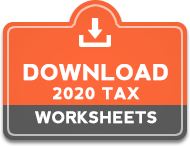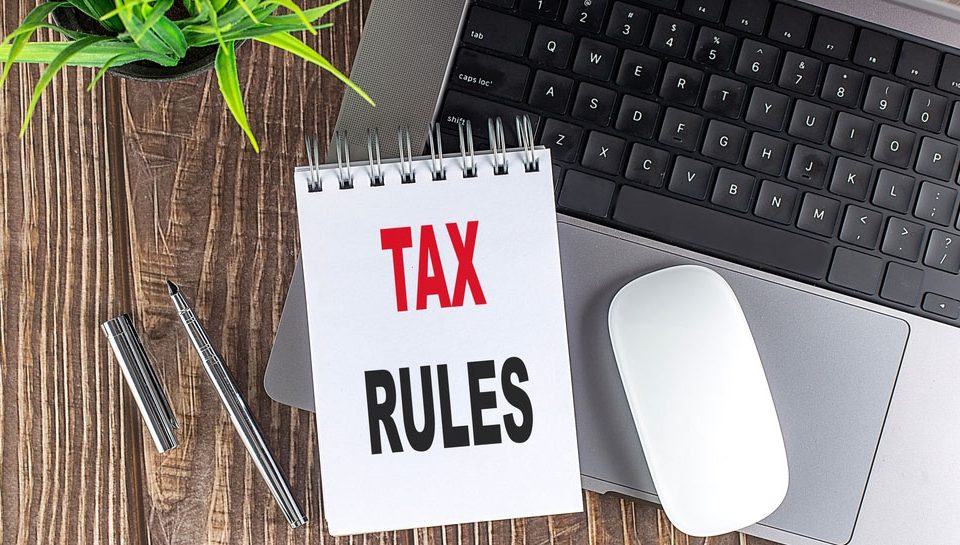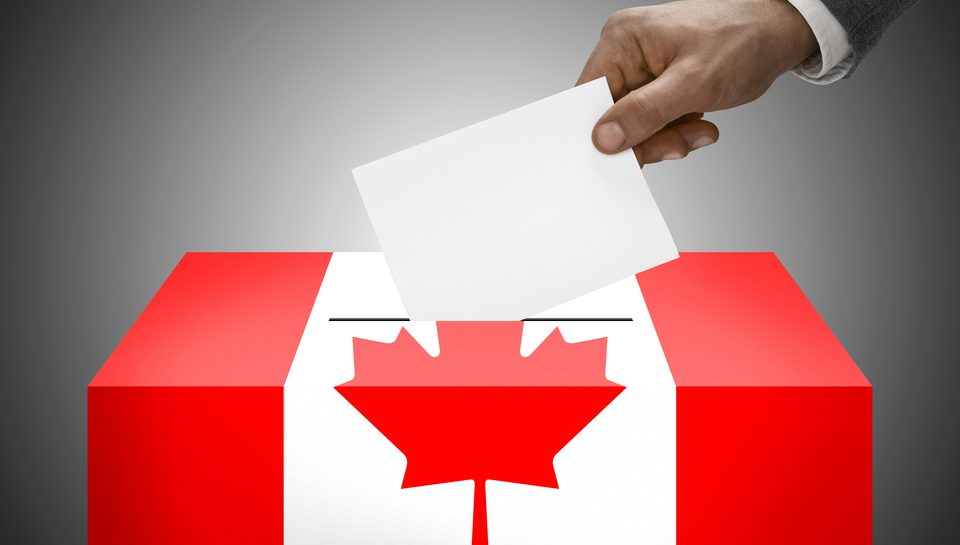Prime Minister Justin Trudeau’s announcement that he will resign and prorogue Parliament heightens the uncertainty around the fate of the capital gains tax changes, with affected taxpayers potentially left to decide whether they’d rather risk overpaying the tax or facing interest and penalties later on, tax experts warn.
The Trudeau government said in its latest federal budget it would raise the portion of capital gains subject to income tax. Under the current rules, only 50 per cent of a profit on the sale of an asset such as stocks or real estate is taxable, meaning half of the gain is included in income tax calculations. The new proposal would push up that share to 66.67 per cent, though the higher inclusion rate would only apply to individuals for annual capital gains above $250,000.
The government said the tax changes would apply as of June 25, 2024, but political turmoil in Parliament prevented it passing legislation to introduce the measure. On Monday, Mr. Trudeau said the legislature would be prorogued until March 24, holding up any legislative activity until then.
With an election likely in the late spring or early summer, it’s unclear whether the tax increase will ever become law. But experts say taxpayers aren’t quite off the hook.
In fact, the Canada Revenue Agency has so far been advising Canadians to file taxes based on the higher inclusion rate, even if the measure isn’t law yet. The agency will issue the forms to allow taxpayers to file in accordance with the new capital gains rules by the end of January, Department of Finance spokesperson Marie-France Faucher said in an e-mail.
That stance reflects the CRA’s long-standing tradition of following proposed legislation, said Fred O’Riordan, the national tax policy leader at consultancy EY Canada and a former assistant commissioner of appeals at the Canada Revenue Agency.
The practice is, in part, meant to minimize the administrative burden for taxpayers and the government itself, Mr. O’Riordan said.
For example, because new tax measures can take effect before the supporting legislation receives royal assent, filing based on the law rather than proposed new changes can cause returns to be reassessed and taxpayers to be subject to interest and penalties.
In the case of the current capital gains tax changes, there’s an unusual degree of uncertainty about whether the proposal will actually become law, Mr. O’Riordan said. But sticking to the standard practice ensures the agency isn’t seen as speculating on the fate of the tax measure based on the outcome of a possible election or the next government’s agenda, he added.
“The agency can’t engage in guesswork about what will happen or what won’t happen, and most importantly, it wants to be seen as completely impartial and neutral,” he said.
While amendments have yet to be introduced as a draft bill, the CRA is following the proposals included in a notice of ways and means motion the government introduced in late September.
As designed by the Trudeau government, the changes would boost income tax revenue by $17.4-billion over five years between fiscal years 2024-25 and 2028-29, according to estimates by the Parliamentary Budget Officer.
Conservative finance critic Jasraj Hallan Singh told The Globe and Mail in an e-mail statement that Conservative Leader Pierre Poilievre would not pursue the capital gains tax changes if he becomes the country’s next prime minister.
The uncertainty about the future of the changes leaves taxpayers facing two potentially unappealing options.
On the one hand, Canadians who follow the CRA’s guidance and file using the higher inclusion rate may end up overpaying the tax on capital gains if the changes don’t become law.
In such a scenario, it’s unclear whether the CRA would have the capacity to identify and proactively reach out to taxpayers who used the higher inclusion rate, said John Oakey, vice-president of taxation at Chartered Professional Accountants of Canada. Instead, it may be up to taxpayers to file an amended return, he added.
The other option is to file based on current law, using the 50-per-cent inclusion rate for all capital gains. While the CRA can advise taxpayers to file based on tax changes that Parliament hasn’t yet approved, it can’t force them to do so, Mr. Oakey noted.
The risk, though, is that taxpayers might face interest and penalties if the higher inclusion rate does become law, Mr. O’Riordan cautioned.
While few people regularly have more than $250,000 in capital gains in a single year, the proposed capital gains hike would also affect middle-class Canadians who’ve experienced a one-time financial windfall from the sale of certain assets, such as a vacation home or income property, since June 25.









